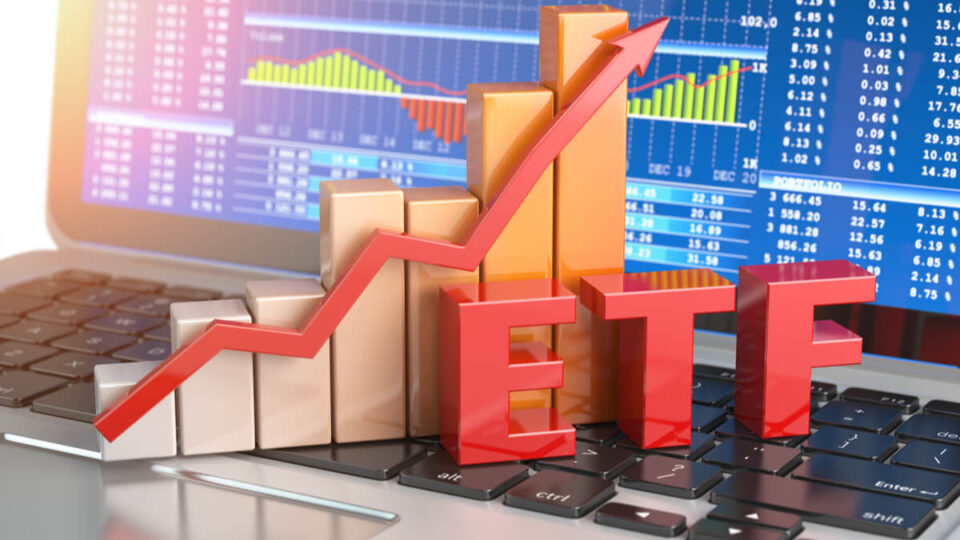Investing in ETFs has become increasingly popular among individuals looking to diversify their portfolios and build long-term wealth. With the rise of technology and online trading, numerous platforms are now available for investors to buy and sell ETFs. However, with so many options, it can take time to decide which platform is best suited for your individual needs. Whether you are a seasoned investor or just starting your investment journey, choosing the right ETF platform is crucial for achieving your financial goals.
This article will discuss the key factors to consider when selecting an ETF platform and how they can impact your overall investment experience. So please sit back, grab a cup of coffee, and let’s dive into what you need to know before diving into the world of ETF investing on various platforms.
Introduction to ETFs and their growing popularity among investors
Investors increasingly turn to exchange-traded funds (ETFs) as preferred investment vehicles. ETFs are a popular type of investment that offers the benefits of trading individual stocks with the added advantage of diversification and lower costs. In simple terms, ETFs track a broad market index or a specific sector, providing investors with exposure to various assets without needing individual stock selection.
As the name indicates, ETFs are traded on the exchange traded funds market, allowing investors to buy and sell shares throughout the trading day. As more and more investors become aware of the benefits of ETF trading, the growth in popularity of these investment vehicles is expected to continue.
Importance of choosing the right ETF platform for your investment needs
With the exponential growth of online trading and technological advancements, the investment landscape has witnessed a surge in the number of platforms specifically designed for buying and selling ETFs. This proliferation of options gives investors a unique advantage, offering them diverse choices to suit their needs and preferences. However, while the abundance of options may seem promising, it also poses a challenge when selecting the right platform that aligns with your investment goals.
To make an informed decision, it is crucial to consider various factors that can significantly impact your investment experience. First and foremost, evaluating the fee structure of different platforms is essential to ensure that the costs associated with trading ETFs are reasonable and align with your budget. Additionally, exploring the features and functionalities offered by each platform is crucial, as it can significantly enhance your trading experience and provide you with the necessary tools and resources to make informed investment decisions.
Evaluating the fees and expenses associated with different platforms
One of the most important considerations when choosing an ETF platform is the cost of buying and selling ETFs. Different platforms charge fees in various forms, such as commission fees, account maintenance fees, and fund expense ratios. These costs can significantly impact your returns and should be evaluated carefully before deciding.
Commission fees are a standard cost charged by brokerage firms for executing trades. Some platforms may offer commission-free trading for certain ETFs, while others may charge a flat or percentage-based fee per trade. Investors should consider the frequency of their trades and the cost associated with each platform’s commission structure to determine the most suitable option.
In addition to commission fees, account maintenance fees can be a significant factor when evaluating different platforms. These fees are charged for holding an account with the platform and can vary depending on the platform’s policies. Some platforms may offer fee waivers or reduced fees for more significant account balances, while others may charge a fixed amount regardless of your account balance.
Researching the variety and diversity of ETF options available on each platform
Another crucial factor to consider when choosing an ETF platform is the variety of investment options available. While some platforms may offer a wide range of ETFs, others may have a more limited selection. Researching and understanding the different ETF options available on each platform is essential to ensure they align with your investment strategy and goals.
Moreover, investors should also consider the diversity of ETFs available on a particular platform. A well-diversified portfolio is vital to managing risk while maximising returns, and having access to a diverse range of ETFs can significantly contribute to achieving this goal. Some platforms may offer a mix of low-cost index funds and actively managed ETFs, while others may have a more extensive selection of one type over the other. Understanding the types of ETFs available on a platform and their associated risks can help investors make an informed decision.
Conclusion
In conclusion, selecting the right ETF platform is crucial for achieving your investment goals. By considering factors such as fees and expenses, the variety and diversity of ETF options, and features and functionalities offered by different platforms, investors can make an informed decision that best suits their needs. And with the increasing popularity of ETFs, having a solid understanding of these factors can significantly enhance your overall investment experience and contribute to your long-term financial success.

